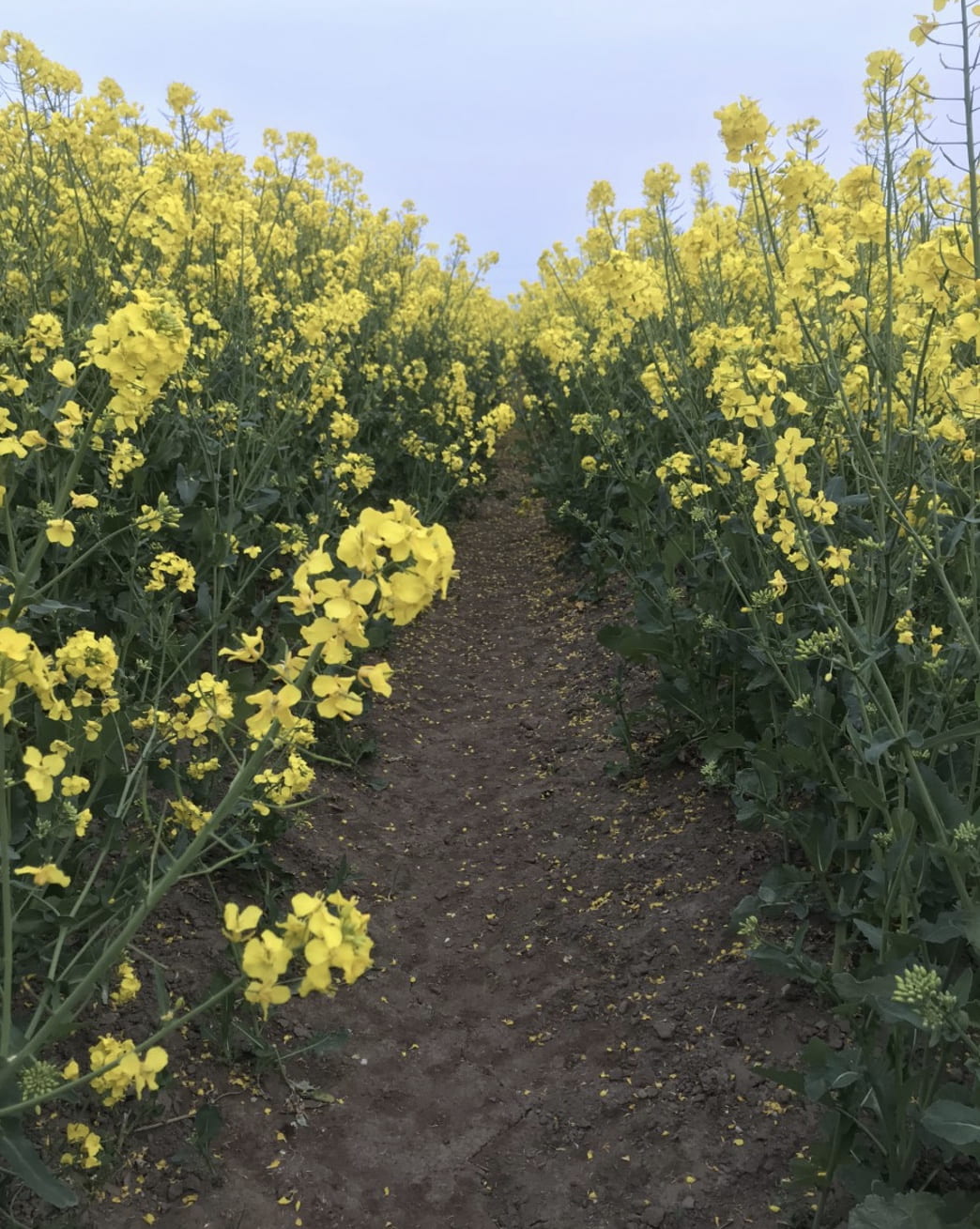By Camila Biazus Dalcin
As a nurse and as a PhD student, Covid-19 pandemic brought reflection around the people’s and the barriers to access healthcare services. I always worked with vulnerable populations trying to help people to have their voices heard and to get the best healthcare outcomes. In Brazil, I worked in vulnerable communities, with teenagers and their families, looking at health promotion. In Scotland, my research focuses on the underpinning issues associated with healthcare access for vulnerable groups.
In this pathway, I have been working with marginalized groups, health inequalities, intersectionality, equity and social justice.
At the beginning of lockdown, other two colleagues and I wrote a paper about the Transformation of Life and Research with COVID-19 (we are 3 international PhD students). We faced many transitions during this time, that lead us to questions around the new normal, the challenges for social science research and the lockdown.
After that experience of collaborative writing, I realized how different and similar all of us were experiencing lockdown. With that, I guess my reflection went more to a broad perspective, where I started the reflection about existing “lockdowns” before the pandemic, what I will call “invisible lockdowns”. This reflection came into the encounter with my thesis topic of boundaries of healthcare for young people in conflict with the law that have been in imprisonment. While I was looking deep into my data analysis during my experience of transition to a lockdown, I realized that the pandemic lockdown can be outside many other “invisible lockdowns”.
Confinement in the experience of fighting against COVID-19 has been a shared experience for all of us in the UK and other countries. Some questions came to my mind: How strange people felt with the imposed regulations by the government? How hard is to adapt to a new norm? How much effort it was to change our lives? These reflections were based in the understanding that we should be at home, to protect the NHS and safe lives.
More than thinking about my own experience, the shared lockdown that we were all presented with, made me think about the “invisible lockdowns” that vulnerable people live every day, much before than SARS-CoV-2.
The “invisible lockdowns” of people deprived of liberty, people who suffer domestic violence, people without food to share with their families, people without a family. People face so many invisible challenges around society, so many “invisible lockdowns” that make access to a better life harder for them.
It is not fair to say that we are all in the same boat during the COVID-19 pandemic. I believe that “We are not all in the same boat. We are all in the same storm. Some are on super-yachts. Some have just the one oar” (Damian Barr). It is a unique time to look at the ones with just an oar to face same challenges as the others. Some people do not even have an oar. People face “invisible lockdowns” inside our society. They live in a lockdown. A lockdown that may not end, a lockdown that does not have funding from the government, a lockdown that can be part of anyone’s life from one day to another. We are all at risk of the “invisible lockdown”.
I deeply hope, that when we go out of the pandemic lockdown, we learn how hard is the confinement. Hopefully, we can look with compassion to people in “invisible lockdowns”. They don’t have the same conditions, they don’t have the same knowledge, they are lost in the middle of rules that are made for people with yachts, not for people with an oar.
Is that fair? I don’t think so. I hope we manage to think about public policy that addresses the complexity of the issues of populations that need more support. People in the margin of society. It is our responsibility to give fair conditions for them to fight the next storm. A fight worth fighting for me is for health equity – available to all. Here, I stress the importance of campaign of the World Health Organization, about Universal health coverage (UHC) and fight against Health inequalities.
I believe in a pathway to a happier, healthier and more fair society, where we do not deny the lockdowns of other people.
I know that the fight against the COVID-19 is not over. I also believe that the fight against the “invisible lockdowns” is just starting. I invite you to use your yacht to help someone with just an oar. What do you think about starting now? I believe it is the right pathway.
Camila Biazus Dalcin is a PhD student at the University of Dundee, Scotland, in Community Learning and Education. She is also a PhD student in Nursing at the Federal University of Santa Catarina (UFSC), Brazil. Camila has a fellowship from the Coordination for the Improvement of Higher Education Personnel – CAPES, Brazil. Camila did her Master’s in nursing in the Federal University of Rio Grande (FURG), Brazil, related to the violence, use of drugs and tobacco in teenagers with a vulnerable background. During her PhD studies, she is studying the concept of symbolic violence, capitals and practice from Bourdieu, as well as the concepts of stigma and intersectionality. Camila has an interest in the theme of public health, health inequities, health inequalities, nursing practice, vulnerable populations, marginalized populations, transitions, young people, healthcare and social justice. Camila already worked with the Complexity Theory from Edgar Morin. She holds affiliation in The Peripheries Theme, from the University of Dundee and also from the Research Group in Children and Adolescents Health (GEPESCA) from UFSC. Camila is engaged with the International Network of Transitions Researchers (TCELT). Camila is member of the Sigma Theta Tau International Honor Society of Nursing (Sigma) society, as a recognition for the committeemen with nursing leadership. Camila’s CV can be found here.
Image copyright: Camila Biazus Dalcin
